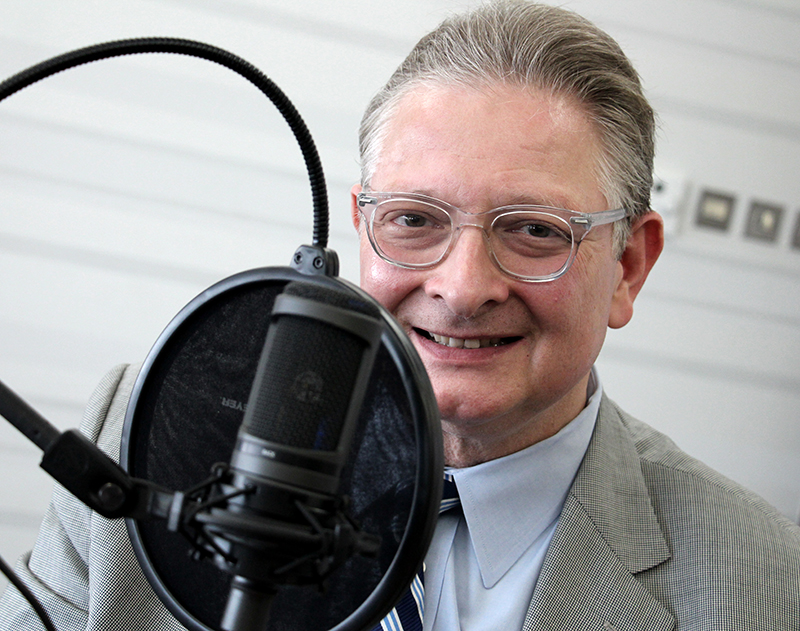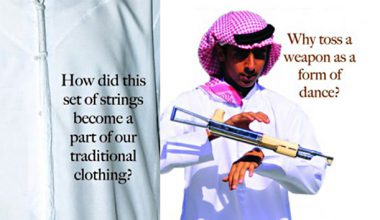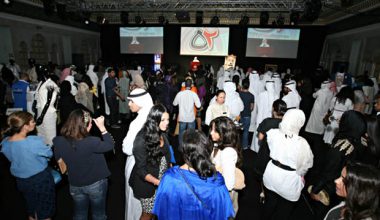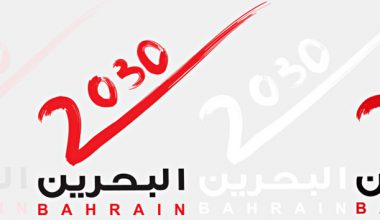The US Embassy in Kuwait recently hosted U.S. Intellectual Property Rights Speaker, Richard Litman, who was invited as part of their 2nd Annual ‘Discover America Festival’ held from 13th to the 18th October. Litman, who has been frequenting Kuwait for the last 5-6 years, was in the country to increase awareness about Intellectual Property (IP) Rights.
Litman’s impressive career spans over three decades, during which he has held many high ranking positions. He is currently on the Legal Counsel for the International Intellectual Property Institute (IIPI) and the Practice Group Leader of the Intellectual Property and Emerging Technologies Practice Group of Becker & Poliakoff, PA.
In Kuwait, Litman has been lending his expertise to institutes that have innovative technologies including the Sabah Al Ahmad Center for Giftedness and Creativity, a program initiated in 2010 under the Kuwait Foundation for Advancement of Sciences.
President Clinton commended Litman for his “deep concern about our future” and his “exemplary commitment to improving our world”. In 2009, Litman started the Global Academic Innovation Network (GAIN) to facilitate multinational relationships for collaborative research, and the development and commercialization of technologies.
Khaleejesque had the opportunity to sit down with Litman and gain insight into the concept of Intellectual Property, particularly in relation to creativity, and its relevance today. Excerpts from the interview:
So, what is Intellectual Property (IP) and IP Rights?
Intellectual Property is intangible property that is the result of creativity; and governments give these rights to certain kinds of creativity i.e. not the idea itself, but the idea in various forms can be protected by mainly five types of intellectual properties.
Could you elaborate on these five types of IP?
Trade Secrets such as, the Coke Cola formula or KFC recipe; Patents, which protect inventions, machines, etc.; Copyrights, which protect written or artistic material (creativity in fixed tangible form); Trademarks, which protect logos, brand names, slogans etc.; and Contracts that define property rights involving creativity. These are the basic ones around the world today.
Does IP apply in Kuwait?
Yes, it applies in Kuwait, and in fact applies everywhere in the world. However, it needs to be enforced, in order to encourage creativity and innovation.
Focusing on creativity, tell us about copyrights and how is it applied?
Based on the treaties signed, you have rights in Kuwait, but the laws in place vary from country to country. For instance, the copyrights system is a bit different than the other IPs, i.e., there is an international treaty that almost all countries have signed, which requires them to have a minimum level of copyright laws in place. Copyright requires no registration, it’s instantaneous upon the creation of work qualifying for copyright.
What kind of laws are in place here that protect people?
The basic copyright law is based on the Berne Convention, which provides that ‘an individual who creates a work that is copyrightable should be protected for the life of the author or artist, plus 50 years’, and that is the minimum requirement around the world that protects people from infringement. This law is applicable in every country belonging to the Berne Convention, including Kuwait.
Why is it important to have such a thing as IP?
The whole idea behind it is to encourage people to be creative and innovative. Prior to coming to Kuwait, I was on a similar speaking tour in Indonesia, where most people including law students and lawyers, had no knowledge of copyrights. In fact, common thing I heard was that ‘copying can actually provide jobs to some’. One of the purposes of my visit is to promote the use of International Intellectual Property Rights system and adherence.
Who should be aware of it?
Everyone who is involved in creativity or innovative technology because it is their right. Entrepreneurs, artists, writers, etc. should be aware of it and how to protect themselves.
How did it start?
In the past, when feudal systems were in place, the monarch would give grants or rewards for people to come up with idea in order to solve a problem. In the US, at the time of writing the Constitution, it provided in parts that authors’ works should be protected. People, who did not do manual labour, could use their head and generate income. If you had a great idea, you could rise from poverty to riches or gain recognition, because of your ingenuity and creativity. The 20th century really started off with such laws in place and then gradually became universal.
What happens if someone invades your IP? How is the best way to deal with it, particularly for creative concepts?
There are numerous consequences that are enforced by the government, with possibly a lawsuit for damages or seizure of infringed property. This varies from country to country based on the laws in place. However, it’s important to know that IP applies only if it meets or is relevant to IP laws.
The best way to deal with it is to know your rights and protect yourself. Businesses need to do their research on before launching their concept or products in order to ensure their concept or ideas are not copied. Authors or artists should show some consideration when sharing their work on social media platforms, by controlling the rights for viewing works.
Similarly, Visual Arts is a type of copyrightable work that is covered under standard copyright laws. In the US, it’s a common problem of the ‘starving artist’, which is true globally. One of the solutions, is to develop better copyright management. You want a society that encourages you to write, or draw or create. With proper management of rights, you are not alone, but part of a group and your work gets licensed properly and recognized. Unfortunately, such bodies do not exists in most country, and Kuwait needs to create one, too.
Richard Litman is an honors graduate, and holds two advanced law degrees, including one in Forensic Science and the other, a LL.M. in Patent & Trade Regulation Law from The National Law Center of George Washington University. He is a Registered Patent Attorney and has been admitted to practice before several state and federal courts, including the Court of Appeals for the Federal Circuit and the U.S. Supreme Court. He has an AV Martindale-Hubbell rating and is recognized in the Bar Register of Preeminent Lawyers.
– Shabana H. Shaikh
Images courtesy of US Embassy Kuwait and Launch on Fire
Useful resources on IP: www.wipo.org
Pick up a copy of our January Issue to find out more about Intellectual Property in the Gulf from FajerTheLawyer







